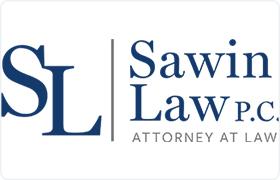Rochester Divorce & Family Law Lawyer, Massachusetts
Sponsored Law Firm
-
 x
x

Click For More Info:
-
Sawin Law, P.C.
99 Derby Street Suite 200 Hingham, MA 02043» view mapDivorce & Family Law A Fierce Advocate On Your Side
At Sawin Law, P.C., we firmly believe that family should always come first. We also believe that every family deserves high-quality legal representation.
800-941-7190
Kathleen Horan McLean
Family Law, Accident & Injury, Bankruptcy & Debt, Estate
Status: In Good Standing
FREE CONSULTATION
CONTACTJohn E. Studley
Discrimination, Divorce, Employment, Sexual Harassment
Status: In Good Standing Licensed: 40 Years
David Scott Carron
Juvenile Law, Lawsuit & Dispute, Divorce & Family Law
Status: In Good Standing Licensed: 23 Years
Amy S. Mello
Litigation, Guardianships & Conservatorships, Commercial Bankruptcy
Status: In Good Standing
 Christopher Sawin Hingham, MA
Christopher Sawin Hingham, MA Practice AreasExpertise
Practice AreasExpertise
